Plumbing safety is often overlooked until a crisis strikes, but it’s a crucial aspect of home maintenance that can safeguard your property and loved ones. In this article, we’ll delve into essential plumbing safety tips that every homeowner should be aware of, ensuring a secure and hazard-free living environment.
Understanding Potential Hazards
Our homes harbor various plumbing hazards that, if ignored, can lead to significant consequences. From leaky pipes to faulty water heaters, it’s vital to recognize these issues early on to prevent extensive damage and costly repairs. Understanding the potential hazards is the first step towards creating a safe living space for your family.
Importance of Regular Inspections
Regular plumbing inspections are the cornerstone of preventive maintenance. By conducting routine checks, homeowners can identify potential issues before they escalate into emergencies. This not only saves money in the long run but also provides peace of mind, knowing that your plumbing system is in good condition.
Proper Handling of Chemicals
Household chemicals can pose serious risks if mishandled. From drain cleaners to solvents, it’s essential to use and store these substances with caution. This section will guide you on the proper handling of chemicals, reducing the likelihood of accidents and injuries.
Safe Practices for DIY Repairs
While DIY plumbing repairs can save you money, they also come with risks. We’ll provide practical guidelines for homeowners attempting minor plumbing fixes and emphasize when it’s best to leave the work to professionals. Safety should always be a priority, even when tackling seemingly simple repairs.
Protective Gear for Plumbing Work
Equipping yourself with the right protective gear is non-negotiable when it comes to plumbing tasks. This section will highlight the necessary safety equipment, from gloves to eye protection, ensuring you’re adequately shielded during any plumbing work.
Childproofing Plumbing Areas
Homes with children require additional safety measures. Learn how to childproof your plumbing areas to prevent accidents. Simple steps can go a long way in creating a secure environment for your little ones.
Emergency Preparedness
Plumbing emergencies can happen unexpectedly. We’ll provide a comprehensive checklist for handling these situations and stress the importance of knowing the location of shut-off valves. Being prepared can minimize damage and streamline the resolution process.
Maintaining Water Heater Safety
Water heaters are essential appliances but can pose risks if not properly maintained. This section offers tips on ensuring the safe operation of water heaters and recognizing potential warning signs of malfunctions.
Preventing Water Contamination
Protecting your water supply from contamination is paramount. Learn about backflow prevention and water testing to guarantee the safety and purity of the water flowing through your taps.
Ensuring Gas Line Safety
Gas-powered appliances add another layer of potential hazards. This section will discuss the importance of gas line inspections and provide safety tips for homeowners with gas-powered systems.
Proactive Pipe Maintenance
Regular checks for leaks and corrosion can prevent major plumbing issues. Discover the significance of proactive pipe maintenance and learn tips for insulating pipes to avoid freezing in colder climates.
Securing Outdoor Plumbing Systems
Outdoor plumbing components are exposed to the elements and require specific safety measures. This section will offer tips on protecting outdoor pipes and fixtures from environmental factors.
Promoting Eco-Friendly Plumbing Practices
Explore environmentally conscious plumbing choices that contribute to both safety and sustainability. From water-saving fixtures to eco-friendly plumbing materials, we’ll discuss how you can make greener choices for your home.
FAQs
Regular inspections are recommended at least once a year, but more frequent checks can catch potential issues early.
Yes, but it’s essential to follow safety guidelines. If in doubt, consult with a professional plumber.
Gloves, eye protection, and appropriate clothing are essential for personal safety during plumbing tasks.
Install childproof locks on cabinets, secure toilet lids, and cover exposed pipes to minimize potential risks.
Refer to the emergency checklist provided and ensure you know the location of shut-off valves to contain the situation promptly.
Conclusion
Prioritizing plumbing safety is an investment in the well-being of your home and family. By following these tips and incorporating them into your routine, you can create a secure living environment, minimizing the risks associated with plumbing issues.
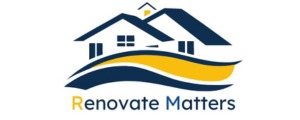

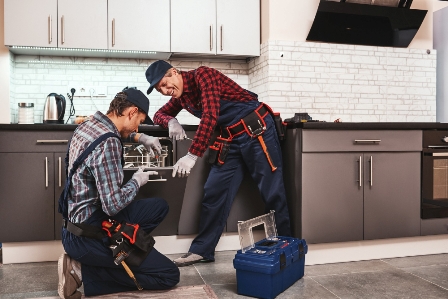
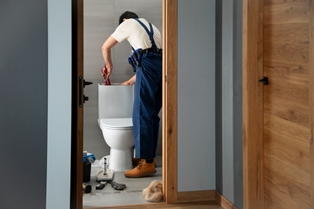
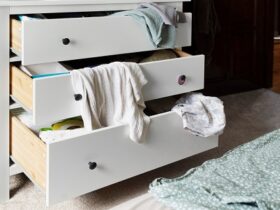

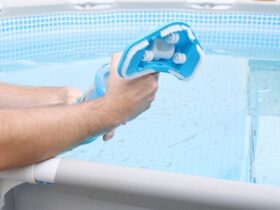

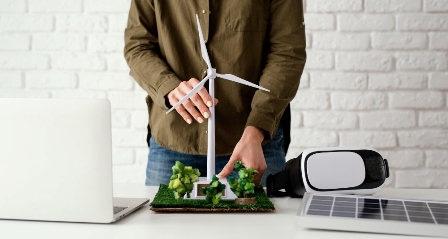
Find Us on Socials